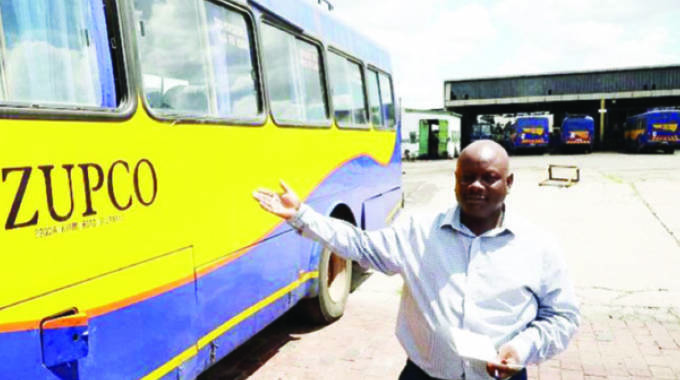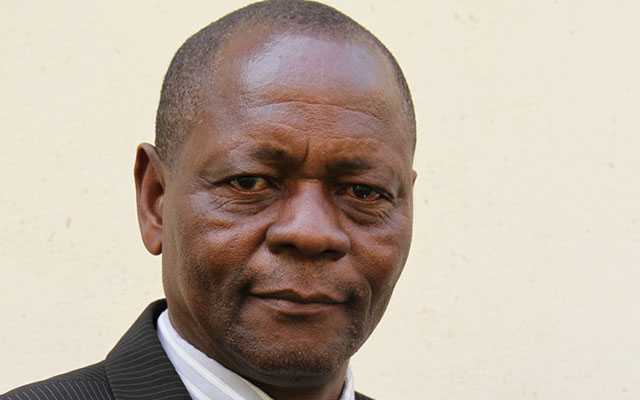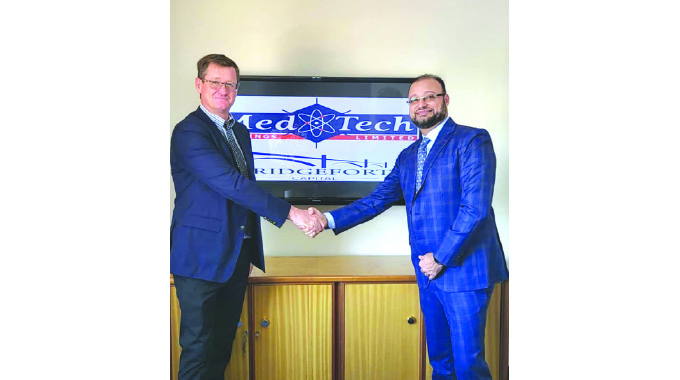Zupco trains tap into solar power

Ivan Zhakata Herald Correspondent
The National Railways of Zimbabwe (NRZ) is installing solar panels on its commuter trains to improve lighting in its coaches.
Passengers were complaining that most coaches on the trains do not have a sound lighting system which has seen them facing challenges when travelling very early in the morning or in the evening, with some coaches have been vandalised by criminals who take advantage of the poor lighting in the trains.
The installation of solar panels has already started on the Bulawayo commuter train and is expected to be rolled out to other commuter trains in Gweru and Harare. NRZ is providing the locomotives and rolling stock while Zupco is responsible for the passengers and selling tickets.
In Harare, the Mufakose train has had its lighting system restored on the older systems and it is work in progress for the Ruwa and Tynwald trains.
Zupco acting chief executive officer Mr Evaristo Mudangwa said the maintenance of the trains was the responsibility of NRZ since they are the owners of the equipment. “Renovations are done by the owner of the equipment. I understand the lighting system on the Mufakose train was restored and other refurbishments are also being carried out,” he said.
Installation of the solar panels is expected to allow crews to have power throughout the year without fear of breakdowns.
The introduction of passenger rail services has brought relief to city roads as it has reduced traffic jams during peak hours. Trains in Harare are now operating at full throttle as the three services are capable of ferrying 3 000 passengers daily.
NRZ acting spokesperson Mr Martin Banda said the installation of solar panels will add efficiency to the rail services as well as ensuring the safety of the commuters.
“We are working on putting solar panels on top of the trains so that we use solar energy. So far we have installed the panels on four coaches in Bulawayo and we are working on the modalities because the process requires a lot of foreign currency.
“Once we have completed the Bulawayo trains, we will be doing the same on our other commuter trains which are currently in operation. The installation takes time and it is work in progress,” Mr Banda said.
The introduction of passenger rail services falls under the Government’s priority to provide a decent, adequate and efficient public transport system.
Zupco is also providing feeder bus services from the suburban stations that passengers use on the same ticket for the final leg of going home or the initial leg of going to town.
The Government recently set up an inter-ministerial committee chaired by Local Government and Public works Minister July Moyo to look into de-congesting roads in cities, with a decent public transport system seen as a major way to reduce traffic.
The committee attributed congestion to the increased availability of fuel on the local market and increased economic activities.
The Government has been building up the Zupco fleet of buses, and allowed Zupco to franchise its service with private owners of buses and kombis prepared to integrate their services in the Zupco system and follow Zupco fares and rules.
Police recently said travellers who board buses, kombis and mushikashika not registered under the Zupco franchise risk fines of $2 000 each as they intensify operations against errant bus, commuter omnibus and private car operators who continue defying Covid-19 regulations.
Commuters had attributed the proliferation of unregistered buses, kombis and mushikashika which are operating illegally to lack of Zupco buses and kombis across the country.
Besides the rail service, Zupco is on a drive to recruit more franchise holders and has invited all owners of roadworthy buses and kombis to join the company.
The transport company is working with the police to see how buses can be given priority at peak hours so as to speed up turnaround times.











Comments